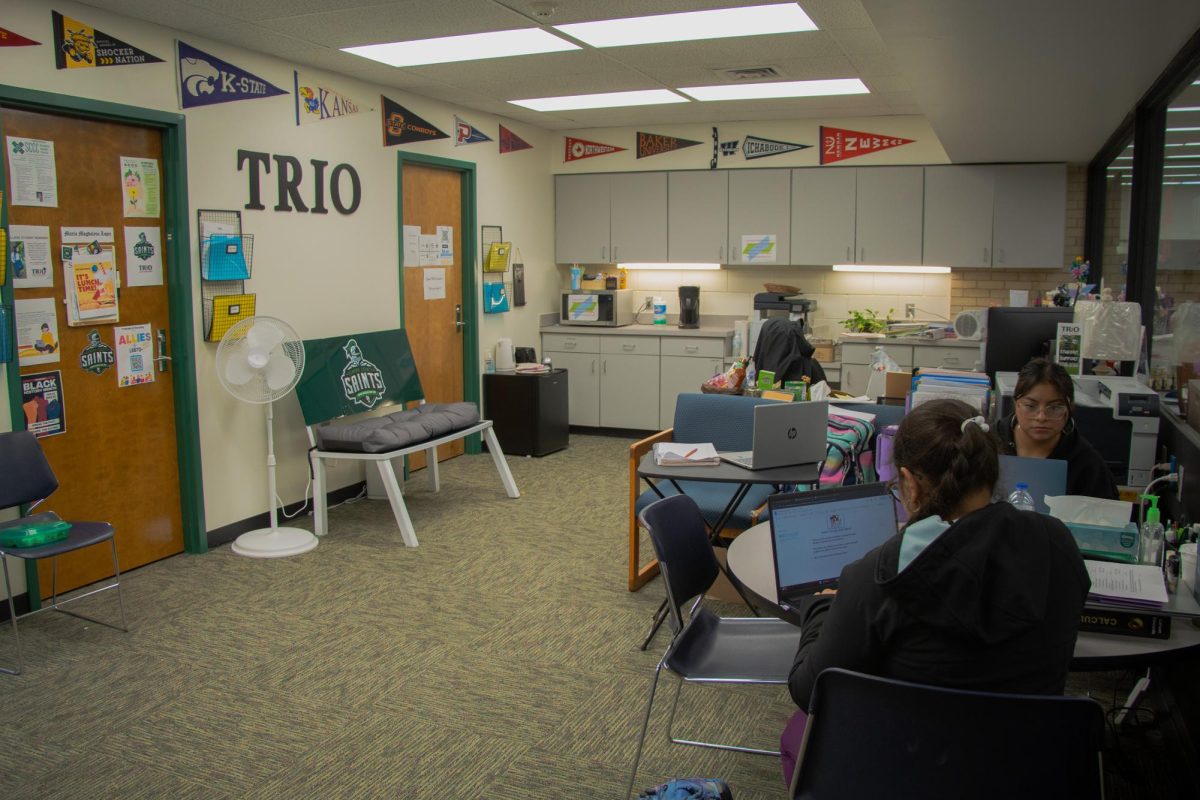After being with family for so long, it is natural to experience some homesickness while away from them for the first time. The excitement of being on our own and being our own boss tends to fade, and we begin to yearn for those familiar surroundings and routines. This especially happens when we are introduced to unfamiliar surrounding with new faces. Depending on the person, it may take a while to make friends or you may be one who creates friendships right away.Regardless, patience is key. Everything will become routine and you will start to feel more comfortable. Here are some tips to ease homesickness: Talk to someone who is going through the same thing you are. People who understand your situation tend to be the biggest supporters. Establish your everyday routine. If you keep your routine similar to the one you had while you were at home, it will feel more normal and therefore be somewhat comforting. Look at or do something connected with home. Keep pictures of your family by your bed, write them letters or call them. Stay active. If you stay active, it will help you keep your mind off of missing back home as well as create an opportunity to meet new people and find new passions. Get involved in a club, youth group, job, church, sport, etc. Whether it is homesickness or something deeper, there are programs and people who are here to listen and help with any situation. The counselor on campus is Rhonda Kinser. Her office is located through the student success center on the right-hand side. Just make an appointment with her and she will be more than willing to help. “Don’t focus on negative thoughts and feelings. I’ve learned that feelings change when you change your thinking! Positive Self-Talk is a technique that counselors encourage people to practice when they want to change their negative thinking into positive thinking,” Kinser said. At Risk is a program that also assists students get through difficult times. Seward staff and faculty are introduced to the program during meetings before the school year begins. If a student is dealing with behavioral problems, emotional problems, financial concerns, academic issues, chronic absences, family issues, disability concerns or medical issues, staff and faculty can refer them to the At Risk email: [email protected]. “The student will then be contacted by one of the At Risk team members who will visit with them in person and assist them in finding a solution to their concerns. The At Risk program values the confidentiality of each person involved in this process,” Kinser said.
Overcoming the college blues
September 29, 2014
Tags:














![The sophomores were recognized on the field instead of walking across the stage during their doubleheader. They received their diplomas and a picture of themselves playing during their career at Seward. [Pictured left to right are Dylan Day, Reed Thomas, Jase Schneider, Mason Martinez, Gannon Hardin, Brody Boisvert, and Zach Walker]](https://crusadernews.com/wp-content/uploads/2022/05/WEBDSC_0275-900x454.jpg)




























































